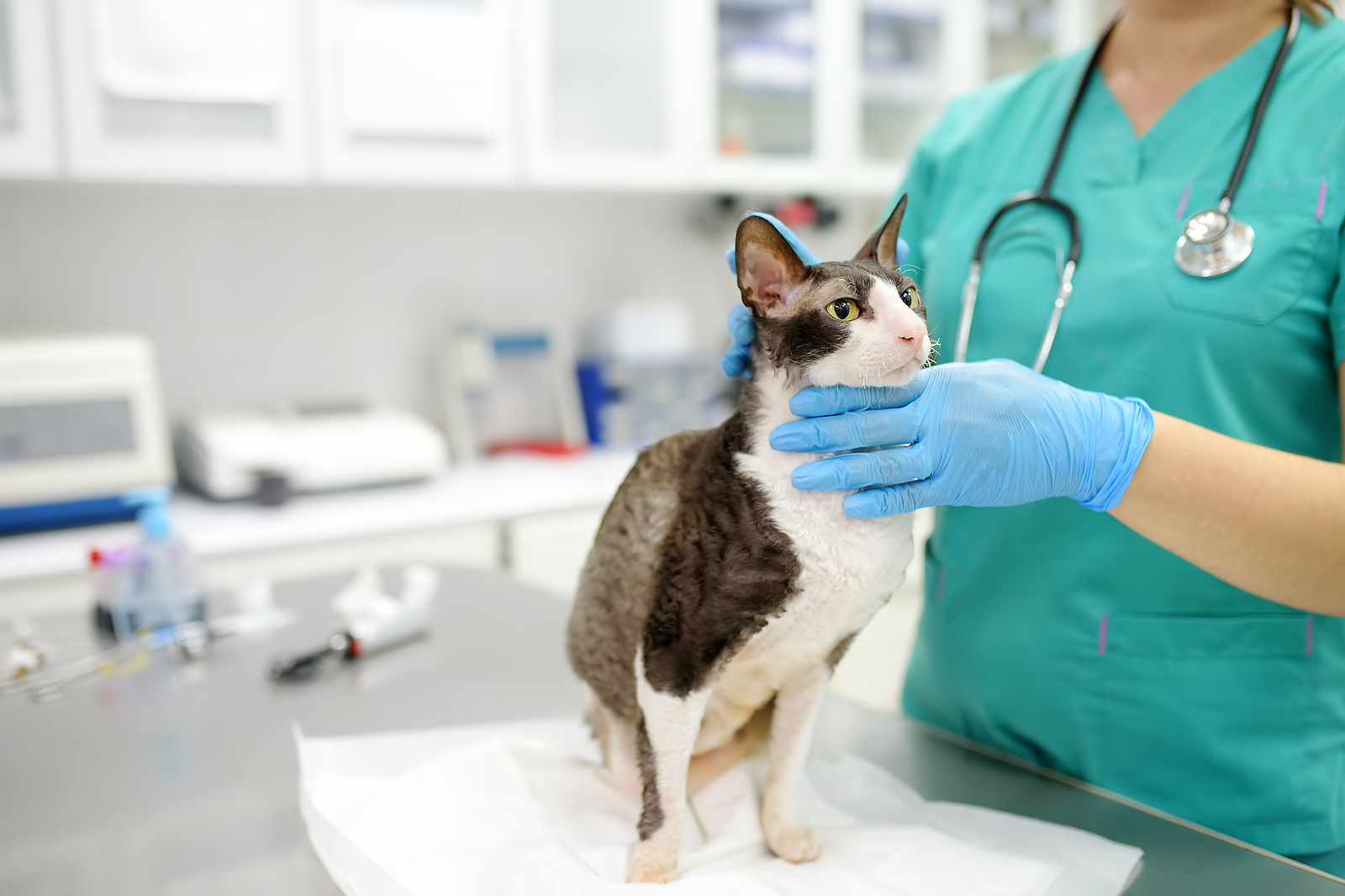5 Tips for Coping with Burnout in Veterinarians

Working in Veterinary Medicine is so much more than hugging puppies all day. While it is rewarding, it also can be intense, demanding, and emotionally draining. The stressors are real. As a veterinarian you are constantly trying to manage an ever-growing caseload, the demands of pet owners, staying on top of current research, and the sadness of ending the suffering of pets while dealing with your own perfectionism, paying off student loans, and trying to have some balance in your life. And if you’re in the middle of your internship or residency, it may feel like you never leave the clinic. It’s easy to find yourself inching closer and closer to burnout.
What are the Symptoms of Burnout in Veterinarians?
Does the job that you’ve dreamed about doing since you were 6 years old now feel like a burden? Or maybe you are finding it more difficult to want to go to work. A few signs you may be experiencing burnout are:
Exhaustion
It’s more than just feeling tired. The tiredness is still there even if you slept enough. You are constantly tired.
Headaches or bowel issues
You may experience more frequent headaches or stomach aches.
Insomnia
Even though you are exhausted you find it hard to get to sleep at night. The challenges of sleeping may also be making the problem worse.
Disengagement
You feel like you don’t have the energy to care let alone cope. You may find yourself being more cynical or negative about work or feeling detached and numb.
Feelings of Overwhelm
You’ve been a rockstar accomplishing so much in your life and now tasks that you may have been able to accomplish without issue feel so much harder to get done. You may also find yourself procrastinating more.
Reduced Job Performance
Individuals struggling with burnout may find it hard to perform at their usual levels. Concentration can be impacted.

These are just a few of the possible signs that veterinary burnout is here.
Trying to address burnout as soon as you can is important. Veterinarians are at greater risk than the general population for developing a number of mental health issues including suicidal ideation and completion.
How to Cope with Veterinary Burnout
A little self-care isn’t going to solve the problem. If you find yourself experiencing any of the symptoms above try some of these strategies:
- Ask for better working conditions. Ask for support from supervisors or management for appropriate staffing and not taking cases on at the end of a shift so you have time to complete your notes.
- Leave work on time. Without a doubt, the work that you do is important. You’ve heard the saying, “put your oxygen mask on first” a million times, but you need to start practicing it. If you don’t take care of yourself, you’re not going to be able to continue doing the work.
- Get enough sleep. Managing stress and difficult emotions is much more difficult when we are tired. Make a commitment to a healthy sleep schedule.
- Take some time off of work and do it regularly. Commit to doing something fun and NON-WORK related.
- Social support. Connect with friends and family.
- Seek professional help. Having the support of a professional can help in navigating burnout or identifying when you are struggling with something more burnout-like depression.
Begin Therapy for Veterinarians and Veterinary Medicine Professionals
For many veterinary professionals, having a therapist that truly understands the culture of vet med is important. You want to get support now and not want to waste time explaining what your life as a resident looks like or the pressures of being in vet med.
For almost a decade, I’ve been committed to improving the well-being of veterinarians, veterinary medicine professionals, and students. If you are a veterinarian or veterinary medicine professional struggling with burnout, get started with these steps:
- Contact ChangeWorks
- Meet with a caring vet med therapist
- Begin therapy for burnout and reclaim the joy in your profession!
Other Services Provided at ChangeWorks
Counselling for veterinary burnout isn’t the only service offered at ChangeWorks. I also provide both individual and group therapy services. I offer CBT, CBT for insomnia, therapy for college students, and online therapy for expats. In addition, I also offer life transition therapy, mindfulness-based therapy, and therapy for women’s issues. Feel free to learn more about online therapy in the UK, or visit my FAQ for more helpful info!

